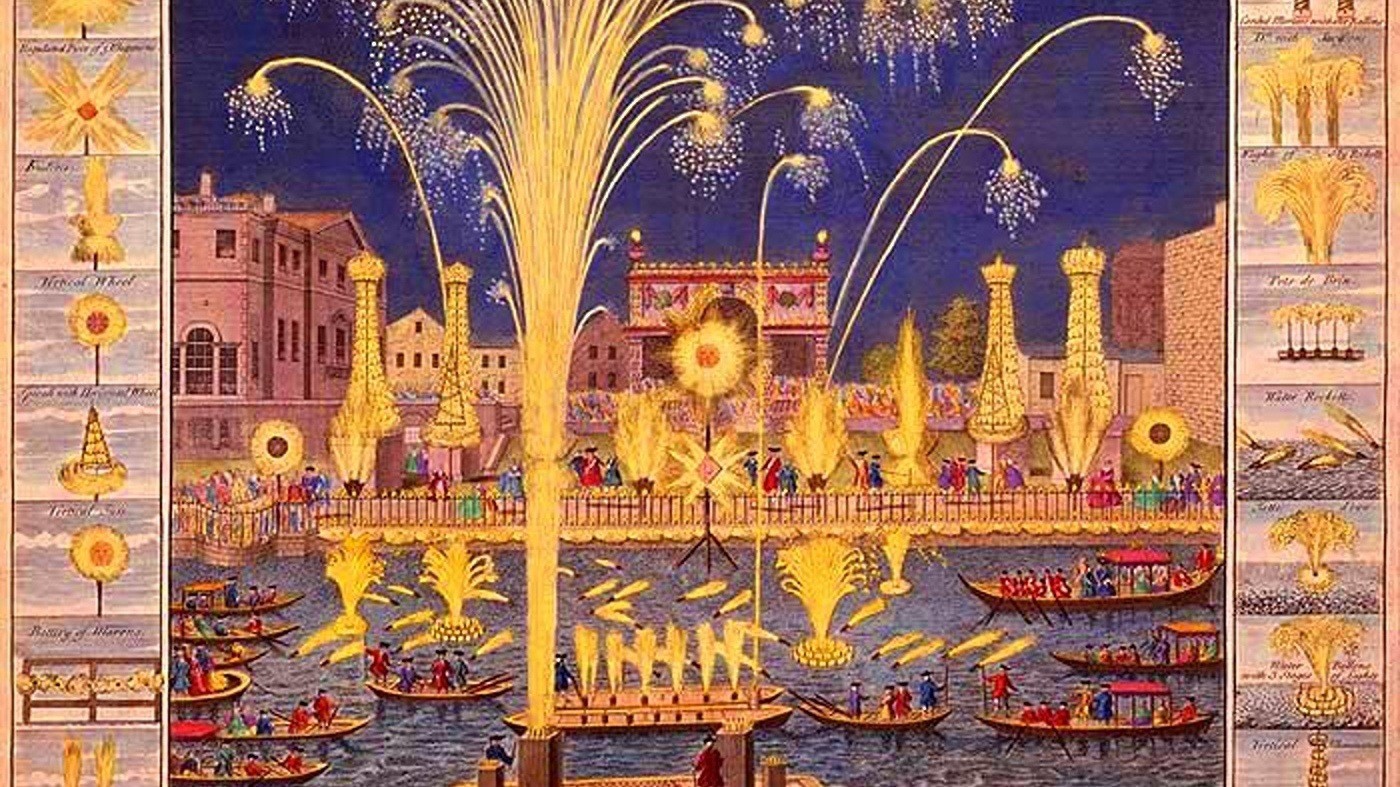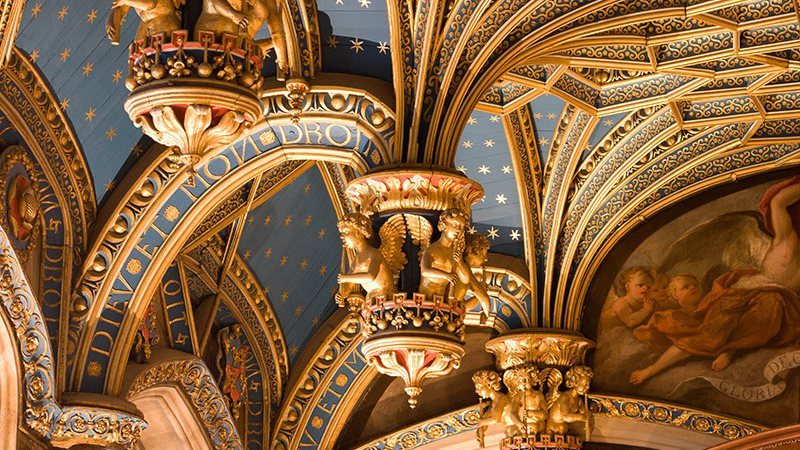Handel’s “Music for the Royal Fireworks”: A Festive Celebration
On the afternoon of April 21, 1749, an estimated twelve thousand people, each paying two shillings and six pence, descended on London’s Vauxhall Gardens to take in an open-air rehearsal of Handel’s Music for the Royal Fireworks. The ensuing traffic jam resulted in a three-hour backup of carriages across London Bridge, and incidences of road rage. Handel was commissioned to write the festive five-movement suite for a lavish public celebration which occurred a week …







